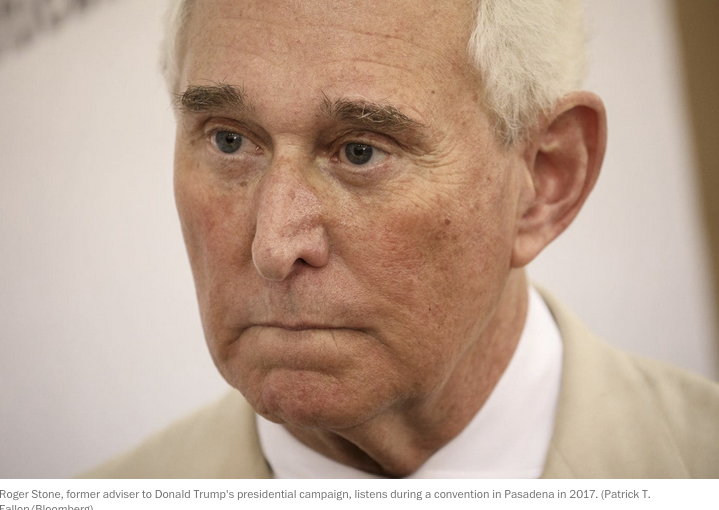Roger Stone, President Trump’s longtime confidant, was recently convicted on seven counts of criminal behavior. Other associates of Mr. Trump’s were previously convicted of crimes. Under the pardon power granted to him by Article II, Section 2 of the Constitution, Mr. Trump could pardon all of them at any point during his term in office. With one important exception, the president’s power to pardon for violation of federal laws is unqualified.
The pardon power was designed to permit the nation’s leader, at his discretion, to correct the mistakes of the judicial process. Like much of the Constitution, it was designed to enable one branch to check one or both of the other branches. In this instance, it gave the executive a check on the judiciary. In enacting the pardon power, Alexander Hamilton wrote, the framers intended to place this authority in the hands of “a single man of prudence and good sense.” But constitutional history is also dominated by the framers’ obsession with the prevention of tyranny; and of the three branches, the most likely to degenerate into tyrannical rule is the executive, which is headed by the president, the military’s commander in chief.




